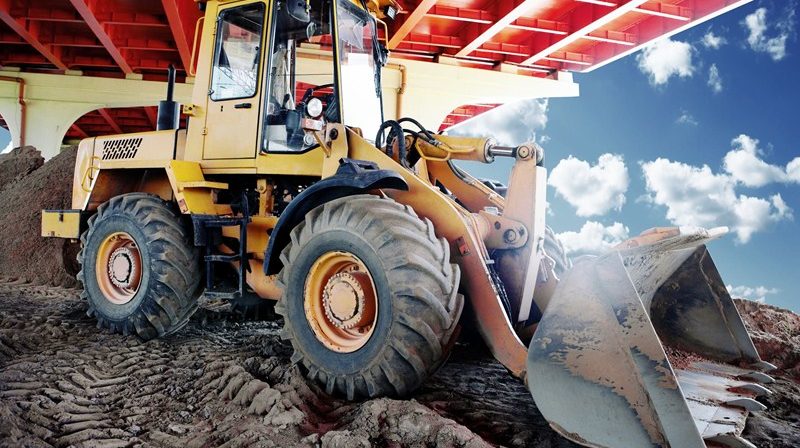
Tax implications for construction industry
Topic:-Tax implications for construction industry
If you run a construction business and secure the services of sub-contractors, or if you are a building sub-contractor, you will need to comply with a special set of tax rules collectively known as the Construction Industry Scheme (CIS).
The CIS rules determine the tax and National Insurance treatment for those working in the construction industry.
Under the scheme, contractors are required to deduct money from a sub-contractor’s payments and pass it to HMRC. The deductions count as advance payments towards the sub-contractor’s tax and National Insurance liabilities.
Contractors are defined as those who pay sub-contractors for construction work or who spent an average of more than £1m a year on construction over a three-year period. Sub-contractors do not have to register for the CIS, but contractors must deduct 30% from their payments as unregistered sub-contractors.
To avoid the 30% deduction, sub-contractors will need to register with HMRC and qualify for a 20% deduction or apply for gross payment status. If gross payment status is secured the contractor will not make a deduction and the sub-contractor will be responsible to pay all their tax and National Insurance at the end of the tax year.
The CIS covers all construction work carried out in the UK. Exceptions to the definition of construction work includes professional work done by architects and surveyors, carpet fitting, scaffolding hire (with no labour) and work on construction sites that’s clearly not construction. The CIS does not apply to construction work carried on outside the UK.
In addition, from 1 October 2020, sub-contractors will no longer add VAT to their supplies to most building customers, instead, contractors will be obliged to pay the deemed output VAT on behalf of their registered sub-contractor suppliers. This will be known as the Domestic Reverse Charge. The new rules will make the supply of construction services between construction or building businesses subject to the Domestic Reverse Charge. These rules were meant to come into effect from 1 October 2019 but have been delayed allowing the industry more time to prepare.
For more information on Tax implications for construction industry, Book a Free Consultation
Need Accountancy Support?
For information on bespoke training, or if you have any other questions for Makesworth Accountant, please fill in your details below




















 148
148